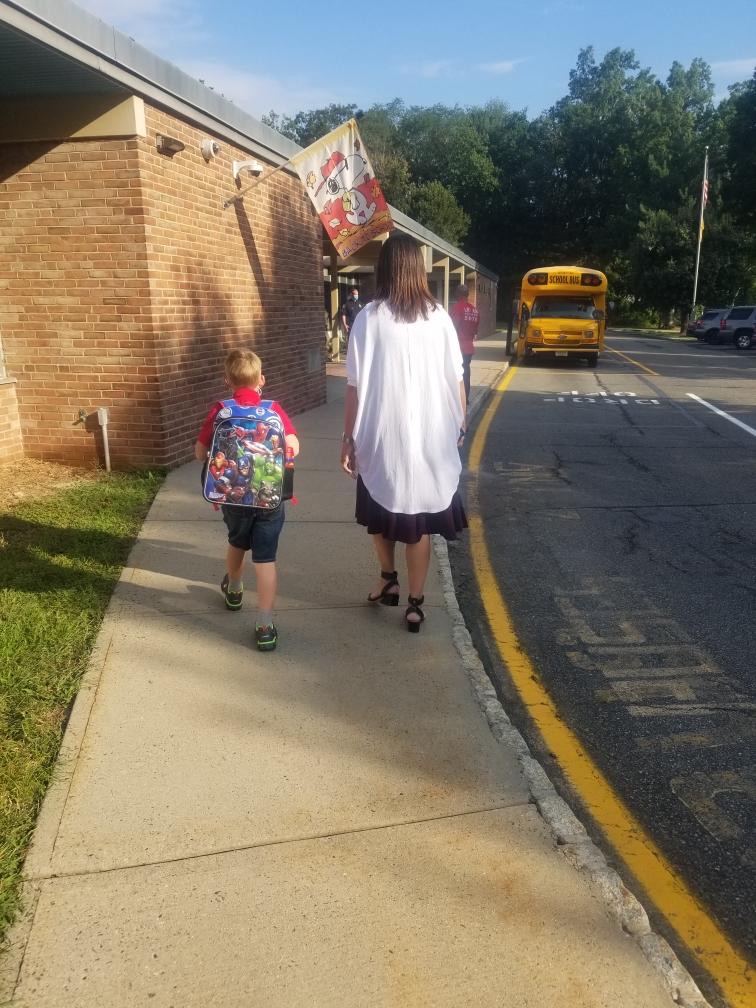Dr. Melissa Varley is a Superintendent of Schools, known for her inclusivity, realignment of schools for equity, and her work with Special Education students. In the following article, Melissa Varley discusses how to build a strong foundation for academic success in early learning.
A person's whole future may be determined by their earliest opportunities to grow and learn.
According to Melissa Varley, all aspects of early development in childhood should be considered carefully to benefit learning later in life. Some of the benefits include better social skills for the child, higher rates of success in the future, and greater societal aid.
In the following article, Dr. Melissa Varley reviews three of the most prominent benefits of an early education, understanding that a strong foundation can greatly aid future academic success.
Benefits from Early Learning Initiatives
There are so many new approaches to learning on the rise in modern times, thanks in no small part to technology and advancements in research, that it can be difficult to choose the right educational path for a child.
Dr. Melissa Varley says that the question of whether early learning is worth investing in would be overwhelming without understanding the benefits of this strategy. The brief list of benefits below is just the beginning of how creating a foundation for academic success benefits early learning.
- Better Social Skills
- Greater Aid to Society
- Higher Success Rate in the Academic Future
A more detailed look at each of these benefits is provided below to better understand why early learning in childhood is the best route for success as an adult.
1. Better Social Skills
For many, Melissa Varley says that education lives or dies by how well a student can focus. One of the main obstacles or aids to that focus is the social element of the classroom. If a child is awkward or insecure, or simply has social anxiety, it can be a great obstacle to overcome on the path to focusing on studies.
However, managing the social situations a child is exposed to in a classroom setting automatically rewards them the social skills to maintain confidence and friendships, their capabilities in their academic journey will increase.
In fact, Melissa Varley explains that students that have participated in early learning are given more time to develop these skills. Using these social skills not only helps children to maintain focus on their studies, when necessary, but assists in establishing connections to encourage others in their academic hurdles.
2. Greater Aid to Society
Accessible and high-quality early childhood education helps bridge the achievement gap and reduces disparities in educational outcomes. It provides equal opportunities for children from diverse backgrounds, irrespective of socioeconomic status, race, or ethnicity.
Additionally, widely accessible early education can impact society for the better. Quality early childhood education has been linked to reduced delinquency and criminal behavior later in life. By addressing root causes of crime and providing a nurturing environment, it helps create safer and more cohesive communities.
Dr. Melissa Varley explains that a child who has early care grows up with the opportunity to capitalize on all the benefits of a great education. This is true in their careers as well as their potential continual instruction.

 3. Higher Success Rate in the Academic Future
3. Higher Success Rate in the Academic Future
Speaking of continuing education, Dr. Melissa Varley says that a child who begins their learning experience in early learning have been found to be more than
20% more likely to graduate their high school. Even better, early learning affords them four times more likelihood to achieve a bachelor’s degree.
In Conclusion
It is very important for anyone hoping to provide a child with future academic success to invest in building a strong foundation first. That strong foundation is facilitated in early learning, as the benefits we covered proved.
For example, it is proven that early childhood education builds up social skills at a higher rate than students that are not given the opportunity to learn earlier on. This builds a confidence in working with and around others that has a lasting impact on academia down the line.
We also saw that throughout a student’s academic future, early learning increases their chance of success, bolstering the ability to focus on studies and earn good grades. Finally, it is unquestionable that children who are given a head-start on academic success thanks to their strong foundation in early learning impact society for the better.

 3. Higher Success Rate in the Academic Future
3. Higher Success Rate in the Academic Future